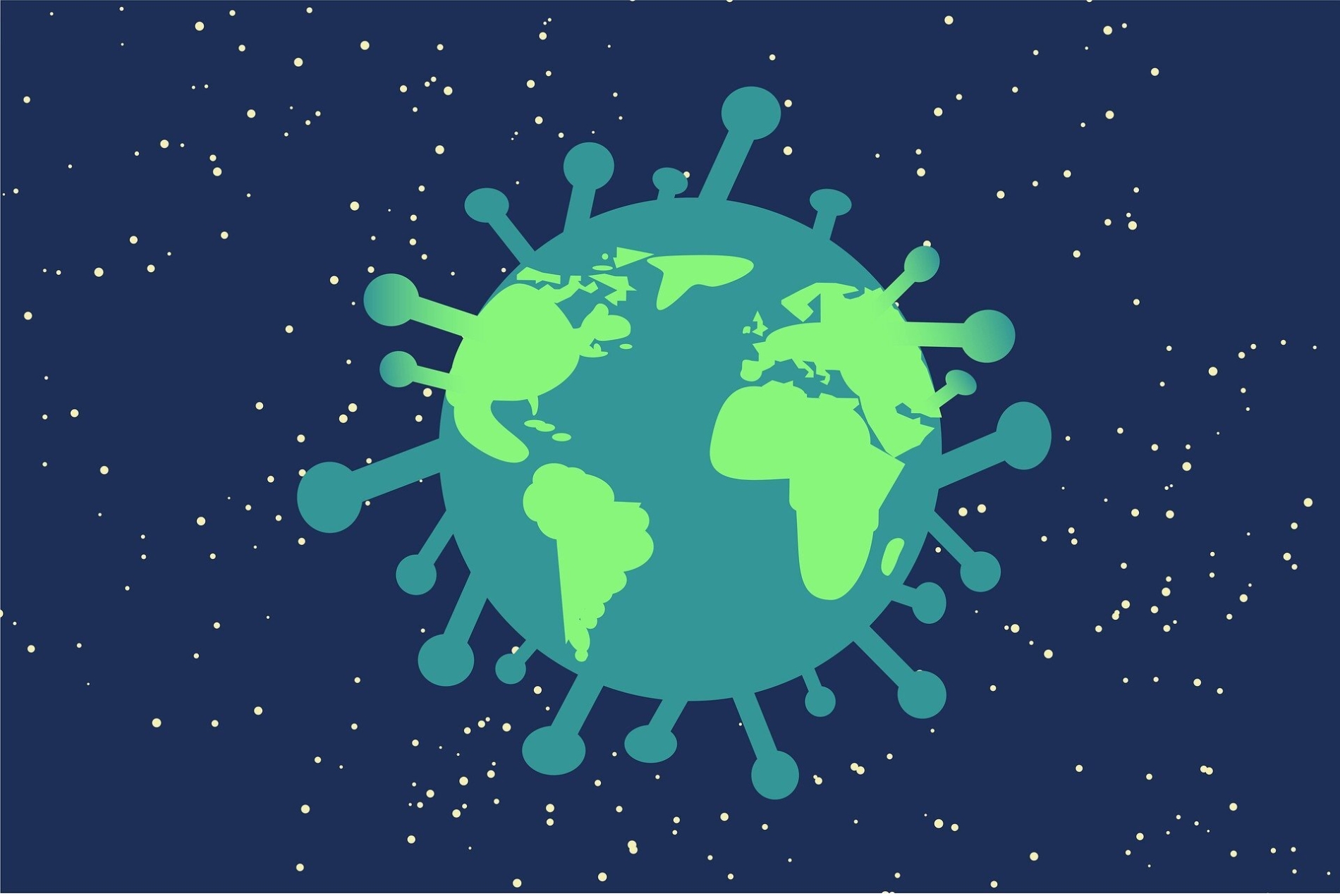Half of Norway’s population say that the coronavirus crisis has increased their awareness of the climate crisis. Nonetheless, their consumption has increased during the pandemic.
This is according to Siv Elin Ånestad, expert advisor at the Norwegian environmental organisation “Future in Our Hands”. Ånestad guests the podcast Kystpuls from Centre for the Ocean and the Arctic along with Thomas Hylland Eriksen, professor at the University of Oslo, and Bjørn-Erik Stabell, Norwegian fisheries envoy to Spain. On the podcast, they discuss the possibilities that emerge during a crisis.
Can covid-19 save the climate?
When the coronavirus epidemic began, emissions in China fell by 25% in just two weeks. The world as we know it is changing abruptly — and our way of life is changing too. For many people, this causes growing uncertainty, but it can also offer new opportunities to address climate change.
“A shock like the coronavirus pandemic disrupts our ordinary way of doing things and shakes us out of old habits. It gives us a chance to stop and think about how we use our time and money, and consider alternatives,” says Ånestad.
A survey conducted by Opinion for the Norwegian Broadcasting Corporation (NRK) shows precisely that: half the Norwegian population states that the covid-19 crisis has given them increased awareness of the climate crisis and will contribute to more climate-friendly habits in the future. Ånestad finds the result encouraging, but cautions that it should be taken with a grain of salt.
“There’s a huge gap between word and deed. Many factors besides attitudes affect people’s actions: their time, their habits, their economic resources, and practical considerations. And judging from the latest figures from Statistics Norway on turnover in the retail trade, the average Norwegian’s consumption has actually increased since April this year. Previous economic crises such as the financial crisis of 2008 taught us that we can expect emissions to return to their previous levels once the pandemic is over,” she explains.
Ånestad feels that the government should have included stricter and “greener” requirements in the coronavirus relief packages to nudge climate adaptation efforts in the right direction.
“Politicians must take responsibility”
Social anthropologist Thomas Hylland Eriksen of the University of Oslo also believes the coronavirus epidemic is an opportunity for politicians to do something about the climate crisis.
“We should demand that. Between March 11th and 12th this year, they proved that they could turn on a dime, making dramatic changes quickly and efficiently. And now we should be able to demand that they do so in other areas as well. Politicians and the economic elites want to get back to ‘business as usual’, but I don’t think that’s possible, and I don’t think it’s desirable either,” he says.
“Nearly every country has committed to cutting emissions, but apart from a couple exceptions, few have been able to deal with the problem. Now we actually have an opportunity to take some of those commitments seriously,” Eriksen continues.
A happy ending for Norwegian fish
The coronavirus pandemic has also changed many people’s eating habits. It has opened new and unexpected doors for Norwegian fish on the European market, according to Bjørn-Erik Stabell, the Norwegian Seafood Council’s fisheries envoy to Spain.
“In Spain, 60% of all cod is normally consumed in restaurants, but we were able to move all that consumption into people’s homes during the shutdown. We adjusted our marketing, and the grocery chains worked very closely with us and the Norwegian exporters. Now we have had the best cod season ever in Spain,” says Stabell.
Maybe the coronavirus pandemic will also give the cod’s humdrum but reliable cousin the pollock a chance to charm the Spanish market.
“Spaniards like the taste of pollock. It’s well suited to the Spanish cuisine, and pollock is less expensive than cod and salmon. And clearly, many people in Spain now have less money in their pockets. At the same time, they appreciate healthy, flavourful food, so pollock really fits the bill,” he explains.
Spreading knowledge
The podcast Kystpuls is produced in collaboration with Både Og and is a dissemination initiative from Centre for the Ocean and the Arctic. Advisor Ida Folkestad Soltvedt leads the project and is a presenter on the podcast.
“We want Kystpuls to get the Norwegian people engaged in important issues related to the ocean and society. Our goal is to spread knowledge about the opportunities and challenges the ocean has to offer, while also diving deep into today’s ocean-related issues,” says Soltvedt.
The podcast (in Norwegian) is available here: https://pod.space/kystpuls

